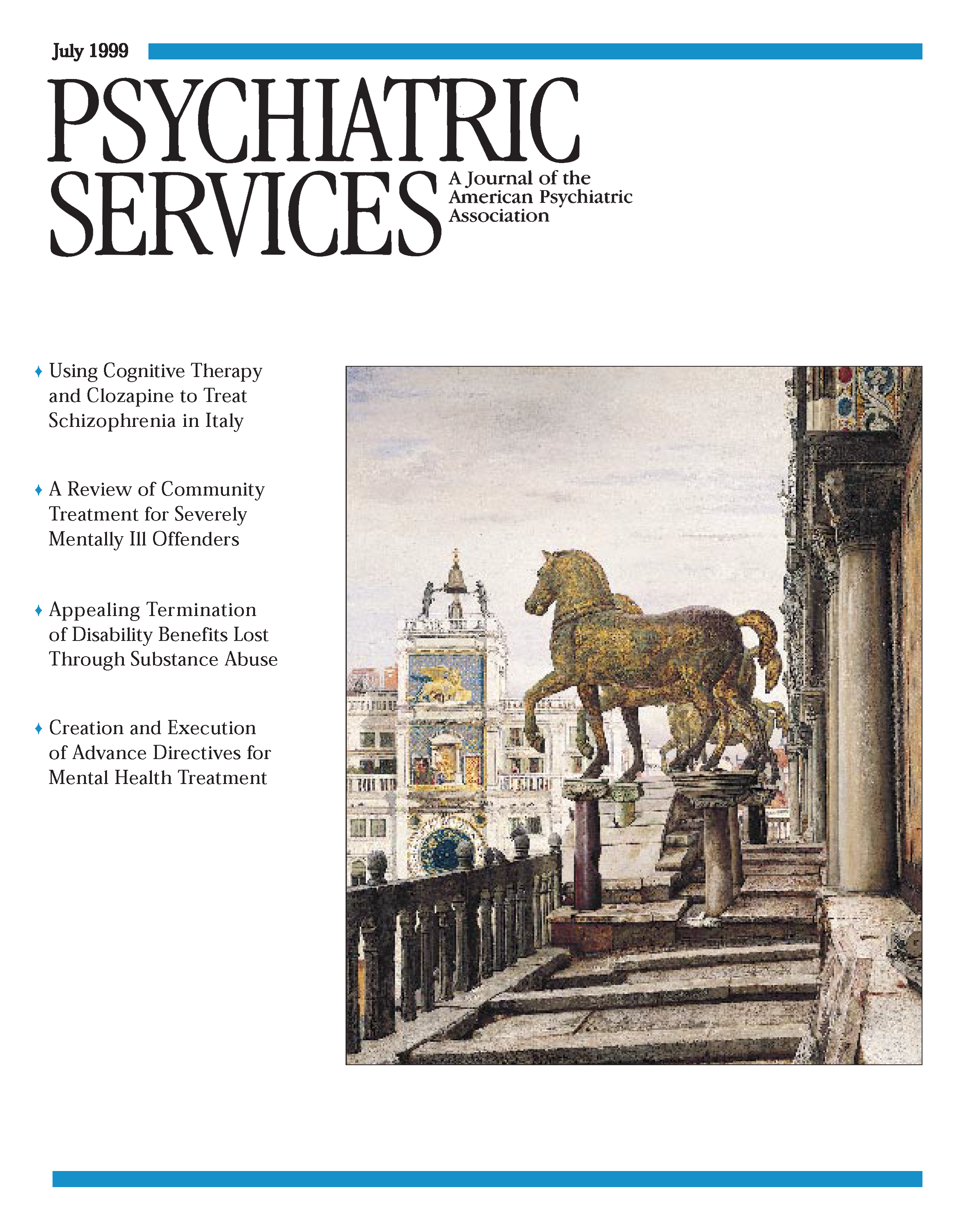The Impact of a Token Economy on Injuries and Negative Events on an Acute Psychiatric Unit
Abstract
OBJECTIVE: Although the use of token economies has been shown to facilitate patient change and improve program functioning in numerous settings, token economies have received little attention in acute psychiatric settings. A token economy was introduced on an acute care unit in a rural hospital, and rates of negative events were compared before and after implementation. METHODS: Negative events were defined as patient and employee injuries that were not accidents. Unauthorized absences and use of emergency medications were also counted as negative events. Rates of negative events were calculated over two four-month periods, before and after the token economy was introduced on a 24-bed acute care unit that housed the hospital's neo-adult program for patients between the ages of 18 and 20. The unit also served as an admitting unit for patients over age 20. RESULTS: When the analysis controlled for unit census and the number of neo-adults, an analysis of covariance indicated that the number of negative events fell significantly after the token economy was introduced, from 129 in the four months before implementation to 73 after implementation, a 43 percent reduction. Both staff and patient injuries were significantly reduced. A small increase in use of emergency medications was noted, but it was not statistically significant. CONCLUSIONS: Findings support the use of the token economy in acute settings to improve the unit milieu by reducing negative events.



